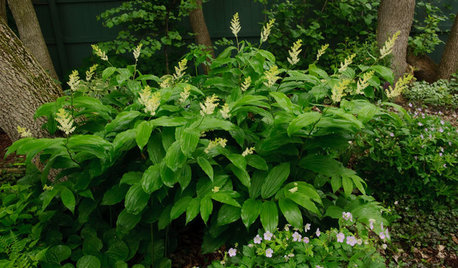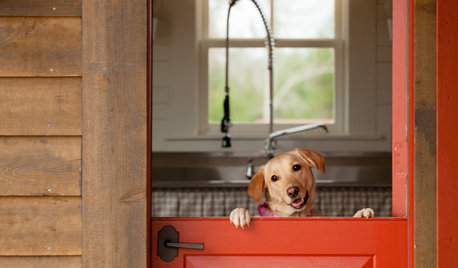Specific to sandy soil S Alabama FLEAS
kept
11 years ago
Related Stories

GARDENING GUIDES10 Top Native Plants for the U.S. Southeast
For a low-maintenance and wildlife-friendly landscape, use Southern natives that withstand heat and humidity
Full Story
MOST POPULARMeet a Lawn Alternative That Works Wonders
Carex can replace turfgrass in any spot, is low maintenance and adjusts easily. Add its good looks and you’ve got a ground cover winner
Full Story
BASEMENTSDesign Workshop: Is It Time to Let Basements Become Extinct?
Costly and often unnecessary, basements may become obsolete — if they aren’t already. Here are responses to every reason to keep them around
Full Story
GARDENING GUIDESGarden-Friendly Native Alternatives to Overplanted Exotics
There are lots of gorgeous, wildlife-friendly native plants ready to make an appearance in your garden
Full Story
LIFEThe Top 5 Ways to Save Water at Home
Get on the fast track to preserving a valuable resource and saving money too with these smart, effective strategies
Full Story
HOUSEKEEPINGHow to Clean and Care for Your Mattress
See what the experts recommend to protect your mattress from dust, moisture and stains
Full Story
DECORATING GUIDESBring in da Funk: How Humble Touches Give a Home Soul
Shake up expectations and stir up interest with pieces that show patina, create contrast or offer a jolt of surprise
Full Story
TREESGreat Design Plant: Southern Magnolia, Iconic U.S. Native
Massive, fragrant blooms and deep green leaves set Magnolia grandiflora apart from other large shade trees
Full Story
PETSGood Dog! Cute Pooches at Home
The dogs of Houzz take you on a tour of their homes and show you where they lounge, eat, play, bathe and nap
Full Story





rhizo_1 (North AL) zone 7
emily-77
Related Professionals
Folsom Landscape Architects & Landscape Designers · Lowell Landscape Architects & Landscape Designers · Zion Landscape Architects & Landscape Designers · Commack Landscape Contractors · Dickinson Landscape Contractors · Hoffman Estates Landscape Contractors · Mendota Heights Landscape Contractors · New Brighton Landscape Contractors · Oviedo Landscape Contractors · Porterville Landscape Contractors · Pueblo West Landscape Contractors · Rockwall Landscape Contractors · Tehachapi Landscape Contractors · Lombard Siding & Exteriors · Marlton Siding & Exteriorsala8south
ala8south
keptOriginal Author
mcleod